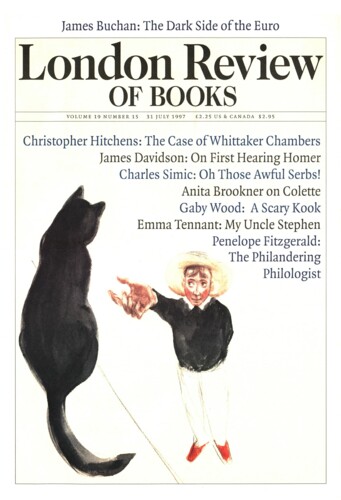Dark Shoes on a Doorstep
Catriona Crowe, 31 July 1997
Dermot Healy has been a presence in Irish literature for some time. He has published a collection of short stories, Banished Misfortune (1982), two novels, Fighting with Shadows (1984) and A Goat’s Song (1993), a book of poetry, The Ballyconnell Colours (1992), and has written and directed a number of plays. He founded and edited an influential community arts journal, Force 10, and has been active in regional and community theatre, particularly in the Sligo area, where he lives. With writers such as Eugene McCabe, Tom McIntyre and Michael Harding he shares a commitment to local territories of the imagination and their distinct idioms, giving us access to a set of rich dialects and views of the world, on the one hand, and, on the other, setting up a healthy opposition to the Dublin/London nexus as the centre of the Irish writer’s world. They all deal in an oblique way with the ever-present darkness of Northern Ireland; living close to the Border provides special insights into that intractable situation. They are also in their way ‘experimental’, taking sentences in new directions while remaining faithful to the spoken language. In his novels, Healy’s preoccupations have been physical and emotional displacement, family turmoil, alcoholism and the fraught nature of heterosexual relationships: all subjects of particular importance to a country which is undergoing a painful process of self-examination, as can be seen in the series of referenda held during the Eighties and Nineties on issues such as divorce and abortion, which have forced us to look at the nature of the Irish family and the central and destructive role played by the Catholic Church in the crucial area of sexuality. The novels are also concerned with the business of writing itself and with Healy’s struggle to find his own voice, which finally emerges with full force in A Goat’s Song.

